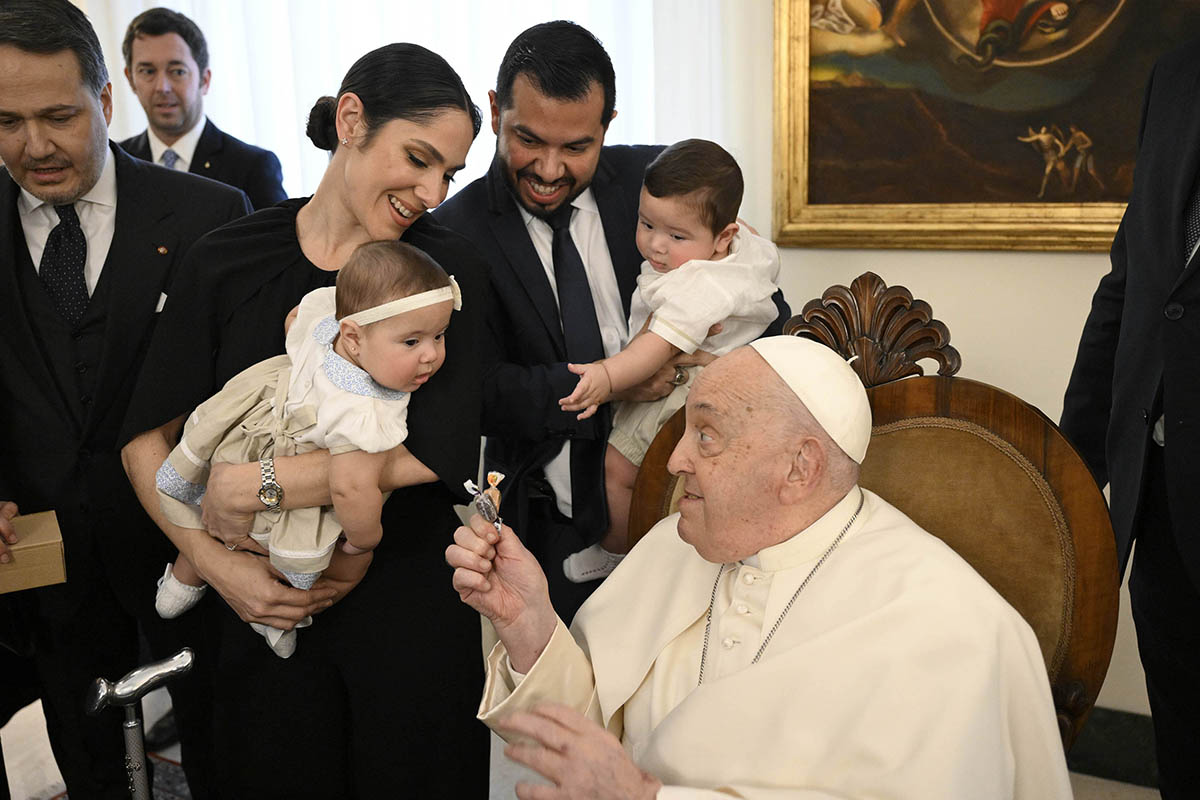SERVE THE LORD WITH GLADNESS | Approach politics with hope in the word of God and with work that follows Jesus
Our approach to politics is one of hope in the word of God and in the work that follows Jesus

Dear brothers and sisters in Christ,
“Vanity of vanities… All things are vanity.” We read that line from the Book of Ecclesiastes this week.
It’s tempting, and it would be easy, to apply that line to politics! But that would be taking the words while mistaking the point. How do we avoid the temptation? In two ways, I think.
First, let’s look more deeply at the “wisdom sayings” that are woven through this week’s readings. From Proverbs: “Every word of God is tested.” From Psalms: “Your word, O Lord, is a lamp to my feet.” And from Jesus: “Blessed are those who hear the word of God and act on it.” The common theme there is the word of God.
If we pay attention to the wisdom of the week, we see that the critique of Ecclesiastes is directed at everything “under the sun.” But what happens when we shift our horizon to the word of God? In terms of ancient Hebrew cosmology, that word is not one of the things “under the sun,” it’s one of the things “above” the sun. Because it’s above the sun, the word of God endures forever; and because it endures forever, the word of God is not a vanity, but a place of refuge and a place of hope for God’s people!
If we lift our eyes to the word of God — to Jesus, who is the word of God — we’ll see two things: 1) We’ll see that there is hope, not just vanity of vanities! 2) We’ll see what kind of work needs to be done to fulfill that hope — the kind of work Jesus did in His life and calls us to do in our lives.
It’s no accident that we read the first two predictions of the Passion this week in the Gospel of Luke. Jesus is telling us the cost of hope.
To approach the political landscape as “vanity of vanities” is to approach it only in worldly terms. We’re called to approach it in Christian terms: with a hope that rests on the word of God and with work that follows Jesus, the word of God.
The second way we can avoid the temptation is to focus on the feast of St. Vincent de Paul, which we celebrate this week (Sept. 27). As one of the secondary patrons of the archdiocese, it’s important for us to look to him and learn from him.
The Congregation of the Mission, which he founded, was founded to carry out two tasks: the formation of priests and support for the poor. We often think of support for the poor when we think of St. Vincent de Paul. But we often forget the formation of priests — which is too bad, since the Vincentians staffed our own seminary from 1818 to 1994!
It might help to think of the Vincentians in terms of some other words of Ecclesiastes: “God made everything appropriate to its time, but also put the timeless into human hearts.” We’re made for time and eternity. Both of those parts of our lives need to be addressed. St. Vincent de Paul founded a congregation to feed them both.
If we take this twofold aspect of his work seriously, we can approach the political not on its own terms, but on Christian terms. And if we approach it on Christian terms, we can bring a perfect blend of temporal realism and eternal hope.




